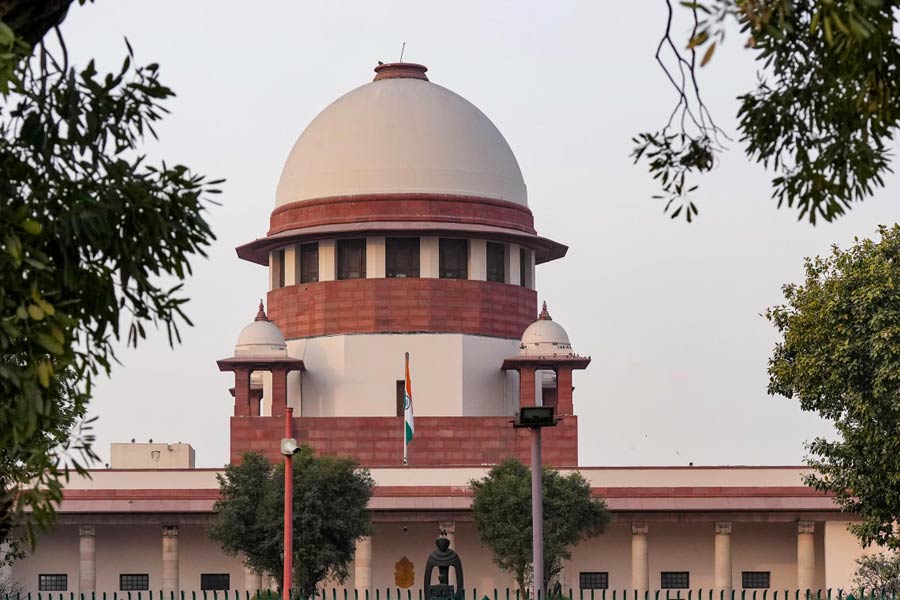The Supreme Court has ruled that the charge of “criminal conspiracy” defined under IPC Section 120B cannot be brought against an accused under the Prevention of Money Laundering Act (PMLA) unless the alleged crime is included as a “scheduled offence” under the act.
Any other interpretation of the law on the issue would attract the PMLA legislation to the vice of “unconstitutionality and arbitrariness”, a bench of Justices Abhay S. Oka and Pankaj Mithal said in a judgment while rejecting the argument of the Enforcement Directorate.
“Thus, if the submissions of the learned additional solicitor-general (S.V. Raju) are accepted, the Schedule will become meaningless or redundant. The reason is that even if an offence registered is not a scheduled offence, the provisions of the PMLA and, in particular, Section 3 (offence
of money laundering) will be invoked by simply applying Section 120B,” the court
said.
“The interpretation suggested by the ED will defeat the legislative object of
making only a few selected offences as scheduled offences. If we accept such an interpretation, the statute may attract the vice of unconstitutionality for being manifestly arbitrary.
“...In our view, the offence under Section 120B of IPC included in Part A of the Schedule will become a scheduled offence only if the criminal conspiracy is to commit any offence already included in Parts A, B or C of the Schedule,” the court added.











